While the Prime Minister Is Away

Abdul Mannan :
Bangladesh’s Prime Minister had been away from the country for sometimes. She left Bangladesh on 30 October for Glasgow in Scotland to attend the COP26 (United Nations Climate Change Conference) and is expected to return home on Sunday morning. Later she visited London and Paris, had bilateral talks with British Prime Minister, French President and Prime Minister, addressed the expatriate Bangladeshis and possible investors to invest in Bangladesh and met the press. In COP26 Sheikh Hasina spoke on behalf of Climate Vulnerable Forum (CVF), a group of 48 of the countries most threatened by climate change. COP26 was attended by Heads of States and Heads of Governments including other dignitaries from around the world.
Sheikh Hasina’s role as a spokesperson of the countries threatened by climate change fallout has been hailed and applauded by international media and others involved in research on the effect of global warming and climate change. Every time Sheikh Hasina visits US or UK absconding BNP leaders and workers stage violent demonstrations on her arrival. Once some of the thugs even stormed into Bangladesh High Commission Office in London, vandalized the entire premises and audaciously dishonoured the portraits of the Father of the Nation. All these were supposedly engineered by the absconding son of Begum Zia, Tarique Rahman who is currently living in London on a political asylum status. It is learnt that this time he was prevented from leaving the house by London police as long as Sheikh Hasina was in London. This time the Prime Minister’s visit went off relatively peacefully.
While the Prime Minster was away, the country went through an unprecedented turmoil following the rise of price of diesel and kerosene on last Thursday night. The uproar was more about the rise of price of diesel by Taka 15 per litre than kerosene. Kerosene is usually used as aircraft fuel. Immediately the rise in the diesel price was announced all types of public transport, even those running on gas went off the road putting general public in incomprehensible misery. About fifty thousand tourists got stuck in Cox’s Bazar though couple of days later the local police arranged to transport the stranded tourists to Chittagong city. This was a good gesture. The owners of the public transport sarcastically declared that they are not on strike, they just cannot operate the service with the costlier fuel and demanded that the price of tickets must be readjusted before they begin to re-start their services. They complained that the price hike was done without consulting them. Usually fuel prices are not raised or adjusted after consultation with the owners as that may lead to stock piling of thousands of litters of gasoline by unscrupulous traders if they have the storage facilities. Usually when the government mulls to adjust or hike the price of electricity or gas it is done after a public hiring. Not that such public hearings have much of an implication though.
Public transport unlike any other business is an essential public service like health sector. If suddenly one fine morning the health sector persons, including the physicians decide to abstain from work, the catastrophic inhuman situation it will create in the country can only be imagined. Public transport sector is no less important than the healthcare sector. There are instances where because of such public transport sector governments were toppled by dictators. Readers may remember the in 1972-73 incidents of Chile when the elected Marxist Chilean President Salvador Allende was overthrown following a public transport strike over a long period of time. The strike was funded by the American CIA according to NY Times as the Nixon administration did not want a Marxist-led government at its door steps. From the end of Second World War till the entire seventies US would often intervene in countries where they assumed that the government in power is not toeing their political line of thinking. This would often result in change of government by dubious covert means resulting in installing a government which would unconditionally become loyal to US. Such unethical practice took place as US thought the former Soviet Union was having some sort of influence on such a government. This first happened in Iran in 1953 followed by similar incidents in Cyprus, Indonesia, Thailand, Haiti, Pakistan and quite a few other countries in Africa and Latin America. They tried this in Cuba but failed due to Fidel Castro’s pre-emptive measures. US always used their external intelligence agency CIA for such jobs. Now instead of using CIA, US government, if it thinks right, would not hesitate to intervene directly to change government as they did in Iraq, Libya or even Egypt.
Coming back to the raising of diesel price in Bangladesh and the reaction shown by the public transport owners and sector leaders, it can simply said that it was not only unwarranted but could have been a bigger game plan to embarrass the government. It became clearer when a very important transport sector leader who also happens to be a member of the national parliament disclosed in public that he is not aware of any shut down of public transport due to oil price hike or any strike. A person like him should not think that people of the country are so foolish to believe in such political gimmicks or rhetoric.
BNP, the second largest political party of the country, which ruled this country on number of occasions now is on the brink of disintegrating as it does not have proper leadership to bring it out of a morass it created for itself. It has been out of power since 2007 and their retouring back to power in a normal process seems a distance possibility. They try to use every opportunity to discredit the government and the hiking of the oil price was the latest. Their party Secretary General announced that when India reduced its oil price Bangladesh took the opposite measure. He failed to disclose that in spite of the fact that Bangladesh increased its fuelprice (diesel and kerosene) still compared to India and most countries in South Asia the price of oil is lower in Bangladesh. In India, the country he referred to, diesel was sold at Taka 120/- per litre till recently. It only reduced the price in those states where they were having State elections and that too marginally. In West Bengal, our neighbouring Indian State, diesel is still sold at Rupee 90 per litre which is approximately equivalent to Bangladeshi Taka 115. Since 2017 oil prices in India are revised often daily. BNP Secretary General must also realize that India produces substantial amount of its own oil but still it has to import about 83 percent of crude and 45 percent of LNG from other oil producing countries. India also does not have any transport vehicles using gas. Its trains runs on electricity and by any standard its public transport system is much improved than those in Bangladesh. He also forgot to disclose that during their tenure (2001-2006) their government adjusted or raised the price of fuels on eight different occasions. On the other hand the current government during last one decade reduced the price of fuel on three different occasions. All speeches of BNP leaders and their cohorts end with a simple sentence that all ‘sufferings’ of the people will end with the overthrow of this government. But they fail to tell how that can be done in a normal way.
Now coming back to Bangladesh the sudden disappearance of public transport from the roads as soon as the price hike of fuel was announced, was not only immoral but is also can be termed as a criminal offence. The transport owners just took the general public hostage ignoring the suffering it will cause to them. When gas prices are raised the public transport owners claim that their fare must also be raised as 85 to 90 percent of their transport vehicles use gas. Surprisingly when the price of diesel rises the same transport owners disclose that 85 to 90 percent of their vehicles run on diesel fuel. The fare charged must be raised. At the end it is the poor public that has to bear all the brunt of such decisions of either the government or vehicle owners. No longer had the public transport gone off the street the launch owners association followed suit and stopped plying all launces causing immense hardship to the people who rely on water transport for their movement. This happened more for the people of south west Bangladesh.
The hiking of the fuel price has been condemned by all quarters, including the 14 party alliance where Awami League is also a member. It not only condemned but also said it is inhuman. What was more surprising the concerned authorities failed to understand the impact of such shut down of public transport and allowed four days to pass before they could sit and discuss the situation with the transport owners, not involving the users? The end result was the fare payable by the passengers was hiked as per the demand of the owners. In India when the price of fuel is hiked the vehicle owners neither go on a wildcat strike nor are the fares hiked instantly. Things are done more rationally and in a normal process. Now public transports are back on the street. It is only the general public who has to pay the price.
Raising of diesel does have a very significant impact on our agriculture and many other types of industries. Agriculture is one of our main lifelines of the economy and at any cost all inputs including the diesel must be subsidized as it is already being done. Subsidizing agriculture is a normal practice in all countries, including US and countries of Europe. BRTA announced that once the price of fuel goes down it will adjust the price. This should be a regular practice as done in India. The hiking of the fuel price in the international market is not the only reason for increasing the price of diesel and kerosene in the country. The inefficiency and incompetence of the policy making people at BPC must also be taken into account. This increase in the diesel price will not only affect the commuters but will also adversely affect the common people as the truck fares will also go up meaning whatever the trucks carry, from everyday essentials to industrial goods will be costlier. How the misery of the common people will be redressed must also be found out immediately. As the Prime Minister is not in the country everyone is waiting for her return and expecting some sort of judicious decision from her will be heard. It has become a common practice that for solutions of problem the common people look up to the Prime Minster and this time it is no different.
Public transport strike in any country brings back the unfortunate memory of Chile and let us hope that nothing of the sort happens in any country in this century.
The author is an analyst and a commentator


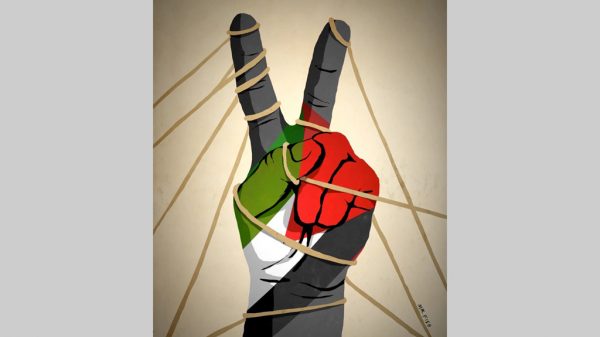
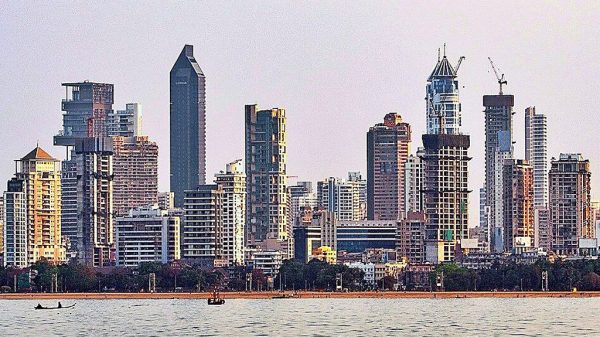
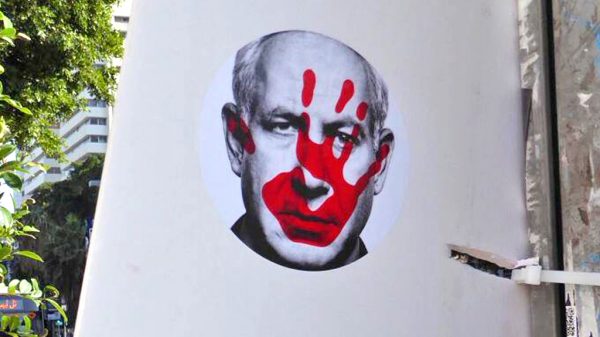
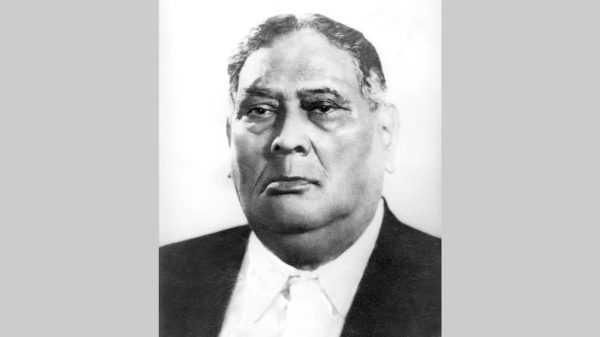

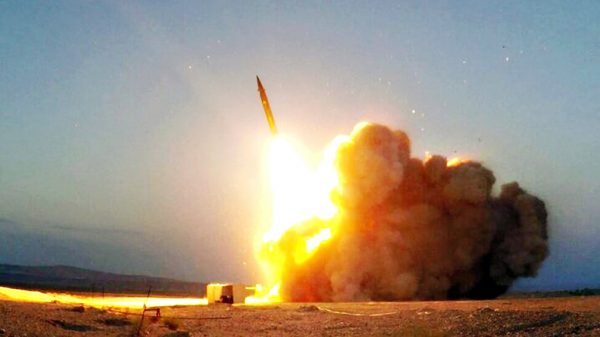
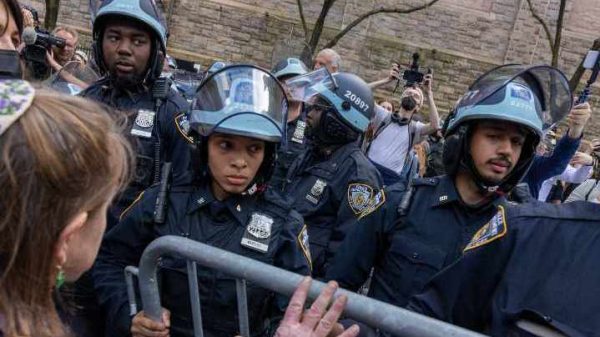
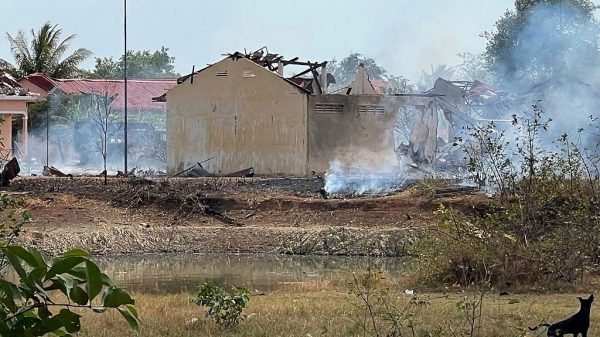




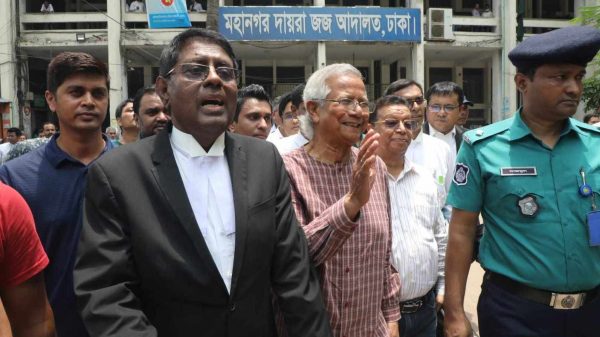

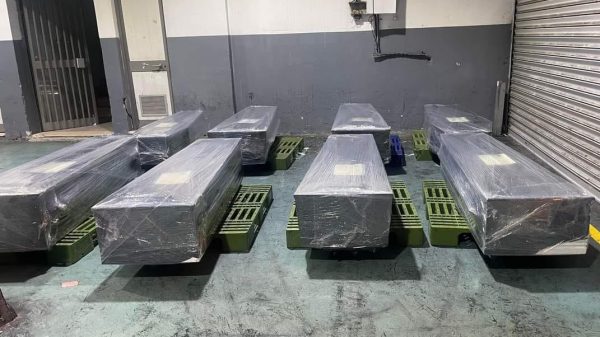












Leave a Reply